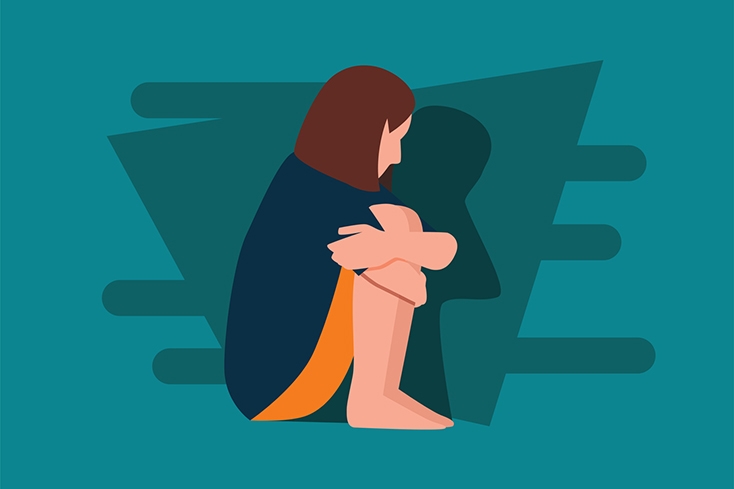Menstruation is a part of a woman's menstrual cycle that she experiences every month. The menstrual cycle refers to the time from the beginning of one menstruation to the beginning of the next menstruation, usually 28-30 days. The menstrual cycle not only reflects women's physiological state, but also reveals their health status. During menstruation, women’s diet and nutrient intake are also particularly important. Proper diet and nutrient intake can help women get through this period better.
Menstruation is the cyclic shedding of a woman’s uterine lining, often accompanied by symptoms such as bleeding and abdominal pain. The menstrual cycle is not only affected by endocrine factors, but also related to women's emotions, environment, living habits, etc. A normal menstrual cycle is usually 28-30 days, but may vary due to individual differences.
Menstruation has an important impact on women's health. First of all, menstruation is a manifestation of the health of the female reproductive system and can reflect the physiological changes in the female body. Secondly, menstruation can regulate women’s endocrine system and maintain the stability of hormone levels in the body. In addition, menstruation can also help women expel toxins and waste in the blood, which is beneficial to the body’s metabolism.
To care for women's health, we must first pay attention to the menstrual cycle. By observing changes in the menstrual cycle, women can detect abnormalities in their bodies in time. For example, if the menstrual cycle is shortened or prolonged, it may be a symptom of endocrine disorders; if the menstrual flow is too heavy or too little, it may be a symptom of gynecological diseases such as uterine fibroids. Therefore, women should record their menstrual cycles regularly to detect problems in time.
During menstruation, women's diet should be light and easy to digest. Eat more foods rich in protein, minerals and vitamins, such as lean meat, eggs, vegetables and fruits. At the same time, avoid spicy, cold, and greasy foods, which may aggravate the symptoms of dysmenorrhea. In addition, proper nutritional supplements can also help women get through their menstrual periods.
Protein is the basic substance that constitutes human tissue. Women should consume enough protein during menstruation to maintain the body's basic needs. Fish, poultry, and lean meats are all good sources of high-quality protein. Fat is an important source of energy. Women should consume an appropriate amount of fat during menstruation to ensure the normal operation of the body. Unsaturated fatty acids help lower cholesterol and are good for cardiovascular health.
Vitamins and minerals are also nutrients that cannot be ignored during menstruation. Vitamin C helps improve immunity and prevent colds and other diseases. Iron is the main component of hemoglobin, which helps increase women's blood volume and prevent anemia. Potassium helps maintain normal function of the heart and muscles.
In terms of diet, female friends can eat more foods rich in these nutrients. For example, deep-sea fish are rich in unsaturated fatty acids and protein; nuts and seeds are rich in healthy fats and protein; and fresh vegetables and fruits are rich in vitamins and minerals. At the same time, try to eat less processed foods and foods high in sugar, which tend to have lower nutritional value and may increase inflammation in the body.
In short, menstruation is a critical time for women’s health. By paying attention to the changes in the menstrual cycle, adopting reasonable diet and nutrition strategies, and maintaining good living habits, women can be helped to get through this period better. During this process, it is also crucial to maintain a positive attitude. I hope every woman can take care of her body and have a healthy and happy menstrual period.


